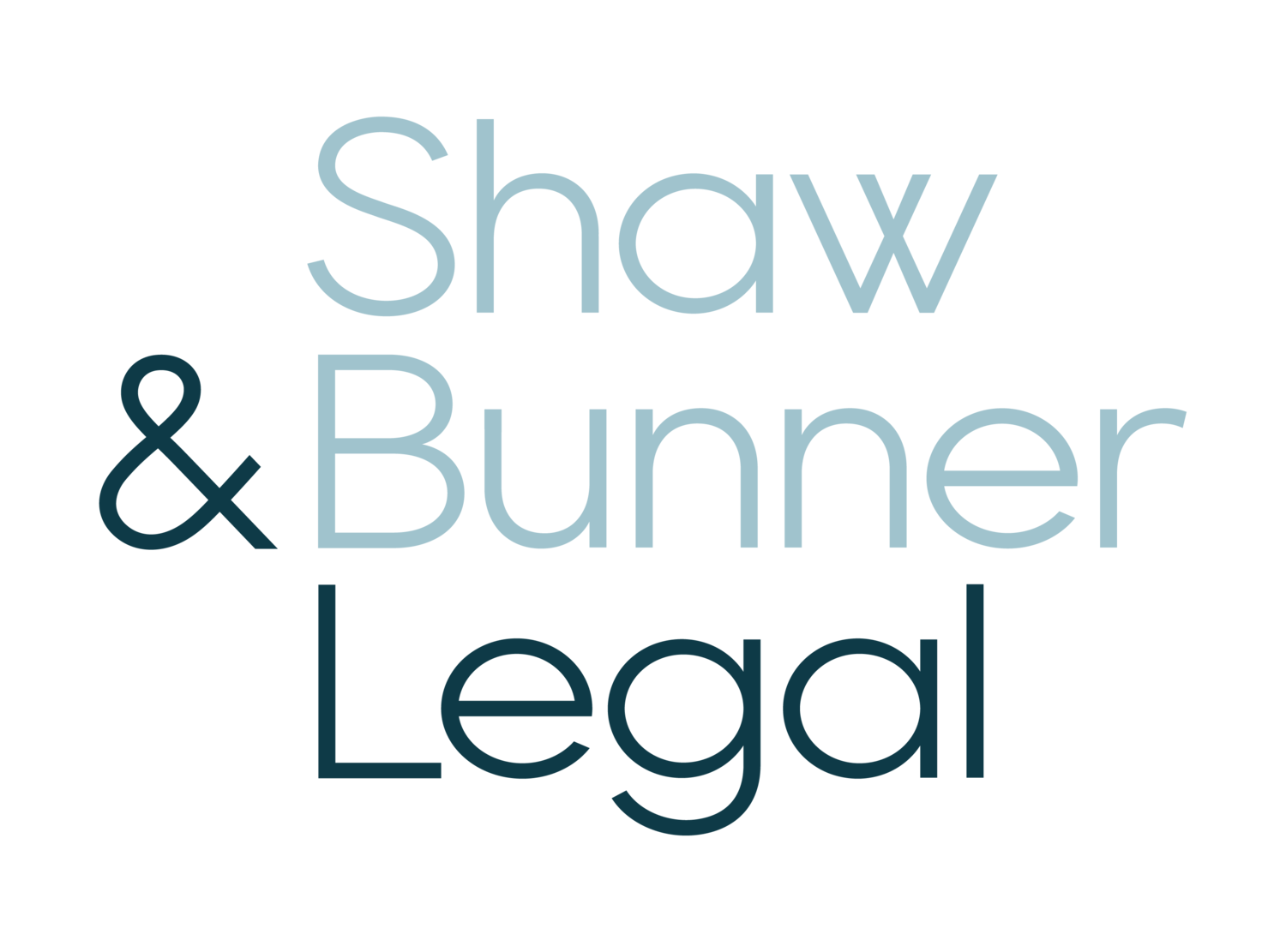How Long Can Injured NSW Coal Miners Get Paid For: Understanding Weekly Compensation and the Statutory Rate
Introduction
You’ve been injured at work in a coal mine in New South Wales. Maybe it was a serious accident underground, or an injury that’s developed slowly over time - like an aggravation of degenerative changes in the back pain or noise induced hearing loss. Either way, now you’re off work, facing medical bills, and wondering how long you’ll continue getting paid.
We get asked this all the time:
“How long can I keep getting paid weekly compensation?”
“What exactly is the statutory rate?”
“Can I be cut off?”
If you’re asking those questions, you’re not alone - and this blog is for you.
At Shaw & Bunner Legal, we’ve helped countless injured coal miners across NSW get clarity on their entitlements, protect their income, and secure their future. In this guide, we’ll break down exactly how weekly compensation works for coal miners, how long you’re entitled to it, what the statutory rate means - and why getting advice early is essential.
Coal Miners Are Covered by a Special Scheme
Unlike other industries, coal miners in NSW aren’t covered by the standard icare workers compensation scheme. Instead, they fall under a unique scheme managed by a monopoly insurer - Coal Mines Insurance (CMI).
This means different rules (see our previous blog here), different entitlements - and often, a lot more confusion if you try to figure it out on your own. But the good news? Miners often have better protections and longer support available if they know how to access it.
Let’s look at the core of it: weekly compensation - what it is, how much you can get, and how long it lasts.
What Are Weekly Compensation Payments?
Weekly compensation is designed to replace your income while you’re unable to work due to a work-related injury. It ensures you can still pay your bills, support your family, and focus on recovery.
Initially, weekly payments are based on your Average Weekly Earnings, or in many cases in the coal mining industry, you may have an industrial entitlement to Accident Pay which is paid above and beyond the workers compensation rate.
This is an entitlement that is contained in the Black Coal Industry Award.
The amount and the number of weeks of Accident Pay depends on your industrial agreement and it is helpful to get advice on what this entitlement is.
Subject to the Accident Pay entitlement, your weekly benefits will then drop to a rate known as the ‘statutory rate’ of compensation. This is a figure that is set by legislation and it paid at a slightly higher rate for 6 months, and then drops to a lower rate.
How Long Do Weekly Payments Last?
This depends on when the injury occurred in relation to your pensionable age. Here’s the breakdown:
✓ If You Were Injured Before Pensionable Age:
You’re generally entitled to receive weekly compensation up to one year beyond your pensionable age.
For most people, the pensionable age is 67 (depending on your date of birth).
That means you can receive weekly compensation until age 68.
See our previous blog here that sets out how to calculate your pensionable age.
This gives injured workers a long window of financial support, especially compared to other industries, where weekly payments can cut off at 130 weeks or less unless strict criteria are met.
✓ If You Were Injured After Pensionable Age:
You’re still entitled to support - but it’s capped at 52 weeks of weekly compensation from the date of injury.
This is why timing matters and why the law treats older workers slightly differently.
What Does ‘Statutory Rate’ Mean in Coal Mining Compensation?
You might have heard people refer to the “statutory rate” of compensation. In NSW workers compensation - coal mining included - this usually refers to the statutory maximum: the upper limit on how much you can receive in weekly compensation payments.
The exact rate depends on whether you have a dependant spouse or children.
The rates are indexed twice a year.
Accident Pay vs Statutory Entitlements
As discussed above, some coal miners are covered under enterprise agreements or awards that offer “Accident Pay.”
This means your employer may top up your workers compensation to your full wage for a set period - often 52 weeks or 78 weeks.
Once that accident pay ends, you’ll then move to receiving statutory compensation through CMI.
Understanding when this shift happens (and preparing for the drop in income) is essential. Many workers are caught off guard when their full wage suddenly drops.
Case Study 1: “Darren” – Long-Term Back Injury
Darren, 54, was a longwall operator working underground when he injured his lower back lifting a heavy cable. He was off work for over 18 months with chronic back pain. At first, he received accident pay under his EA - but when that stopped, CMI reduced his payments to the statutory rate, which was around $600 gross per week.
The employer was also legally able to terminate his employment on medical grounds.
Darren was unable to return to working in the mining industry, so we took steps to investigate his claims for permanent impairment and pain & suffering. We were successful in these claims, and he was given the option to resolve his claim on an overall basis, known as a Redemption settlement (see our earlier blog on ‘What is a Redemption settlement in the coal mining workers compensation scheme?).
Case Study 2: “Leigh” – Working Reduced Hours
Leigh, a plant operator working at an open cut coal mine, injured his knee. He required extensive knee surgery and was unable to return to working in the mining industry. CMI assisted him to retrain however a dispute arose in terms of what Leigh’s capacity was to perform work outside of the mining industry
CMI maintained that he had a greater capacity returned to work than what Leigh’s treating doctors had indicated. CMI tried to reduce his payments, saying he had capacity to earn a high income, however Leigh’s income was down by nearly half, and his job was temporary.
We intervened, clarified his partial incapacity status, and ensured his weekly comp topped up the gap between his old earnings and current wage. We also lodged a claim for permanent impairment and pain and suffering which provided Leight with a tax-free lump sum in addition to his ongoing entitlement to weekly benefits and medical expenses.
Key Takeaways
NSW coal miners are covered by Coal Mines Insurance (CMI), not icare.
Weekly compensation can continue up to one year after pension age.
The statutory rate is a legislated maximum cap, not a minimum. It sets the upper limit on how much you can be paid in weekly compensation, regardless of your pre-injury earnings.
Getting legal advice early ensures you don’t miss out or get underpaid.
Next Steps –
Protect Your Payments & Your Future
If you’re an injured coal miner in NSW, understanding how long you get paid - and how much - isn’t always straightforward.
Entitlements can change based on time off work, medical assessments, and how your employer and insurer handle the claim.
Book a free 30-min consultation with our team or call us directly on (02) 4046 1805.
Don’t wait until payments drop off or your claim is rejected.
Let us review your entitlements, check your payments are correct, and help you plan ahead.
We’ve helped hundreds of miners across NSW - and we’re ready to help you too.
Frequently Asked Questions (FAQs)
-
If you’re injured before pensionable age, you can receive weekly payments until one year after reaching that age (generally 68 years of age). If injured after pensionable age, you’re entitled to 52 weeks of compensation.
-
In coal mining compensation, the “statutory rate” usually refers to the maximum weekly compensation cap set by legislation. Coal miners are entitled to the statutory rate under the Workers Compensation Act 1987 for a period of 6 months, and thereafter the entitlement drops to a lower rate under the 1926 Act. The cap is indexed on 1 April and 1 October each year by the NSW Government.
-
Yes. If you have an Accident Pay entitlement, this is paid initially and is often for a period of either 52 weeks or 78 weeks. Thereafter your payments will drop the statutory rate of compensation.
If there is no Accident Pay entitlement, you are entitled to your Average Weekly Earnings or Award rate for the first 26 weeks, before dropping to the statutory rate.
-
Yes. You must have an ongoing incapacity, be covered by a SIRA Certificate of Capacity and your payments may continue up to one year after your pensionable age.
This also applies to ‘make up’ pay if you are working in a new role and earning less than your pre-injury earnings.
-
If you’re covered under an enterprise agreement or award, you may receive full wage “accident pay” for a limited period. Once that ends, statutory payments through CMI begin.
Written by the
Shaw & Bunner Legal Team
At Shaw & Bunner Legal, we’re highly experienced personal injury lawyers proudly serving clients across regional NSW. With over a decade working in national firms and deep personal ties to the coal mining industry, we’re uniquely positioned to help injured workers—especially miners—navigate complex claims with confidence.
Since our start in 2018, we’ve committed to providing clear, compassionate, and solution-focused legal advice that delivers real results. When you read our content, you’re getting insights from a team that truly understands what you’re going through—because we’ve lived it, worked in it, and helped hundreds of people through it.
Disclaimer: This article is general information only and cannot be regarded as legal advice as it does not take into account your personal circumstances. For tailored advice, please call us on (02) 4046 1805 or email us at admin@shawbunner.com.au.

